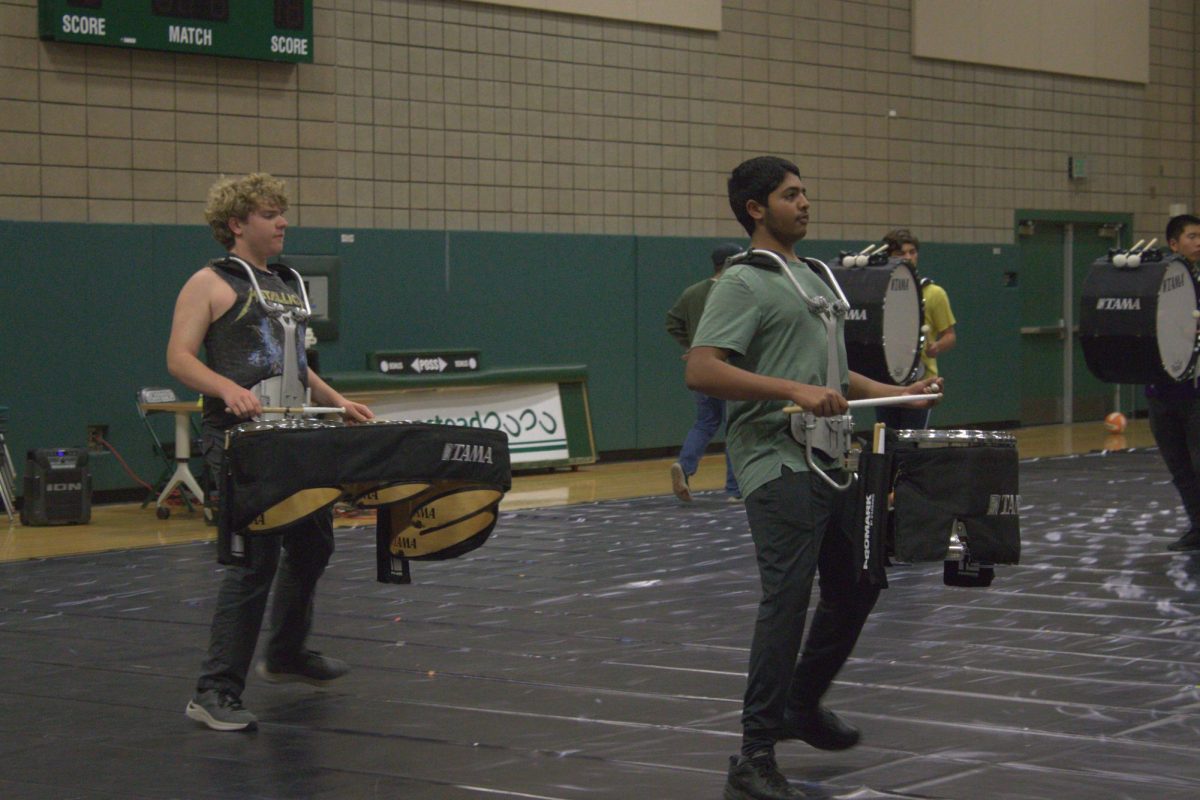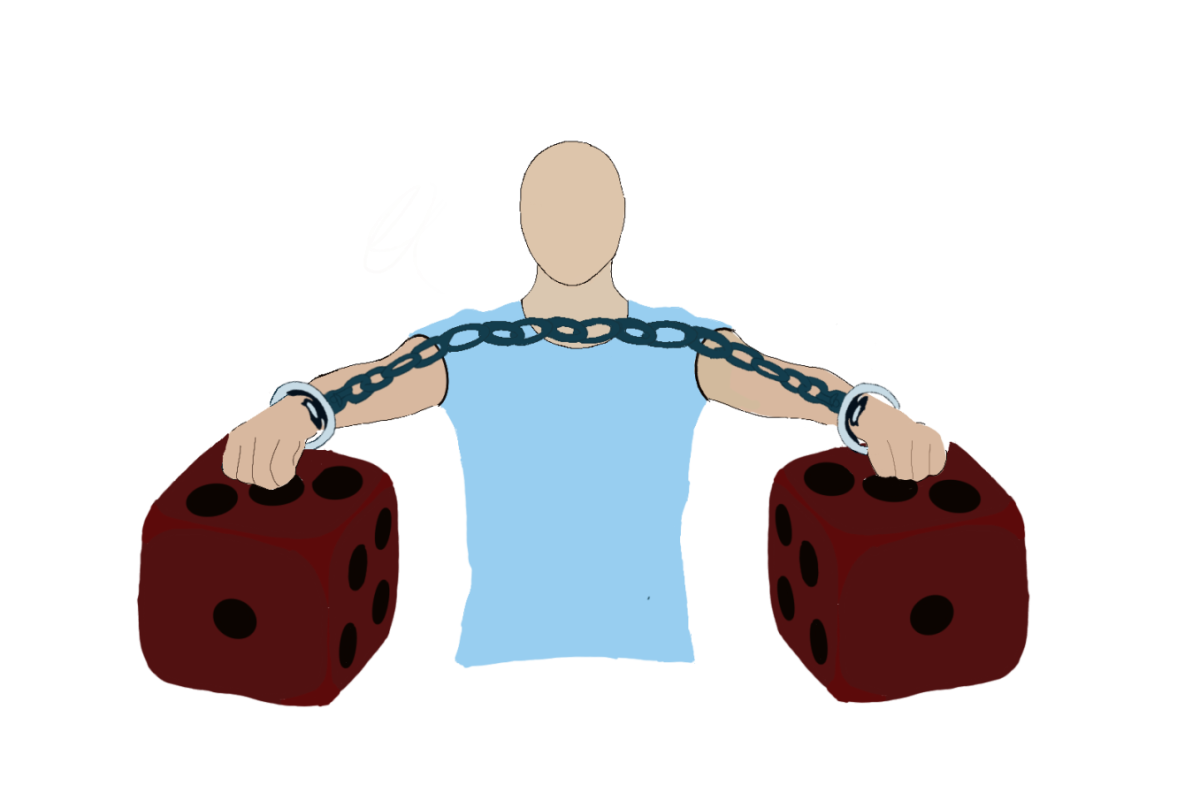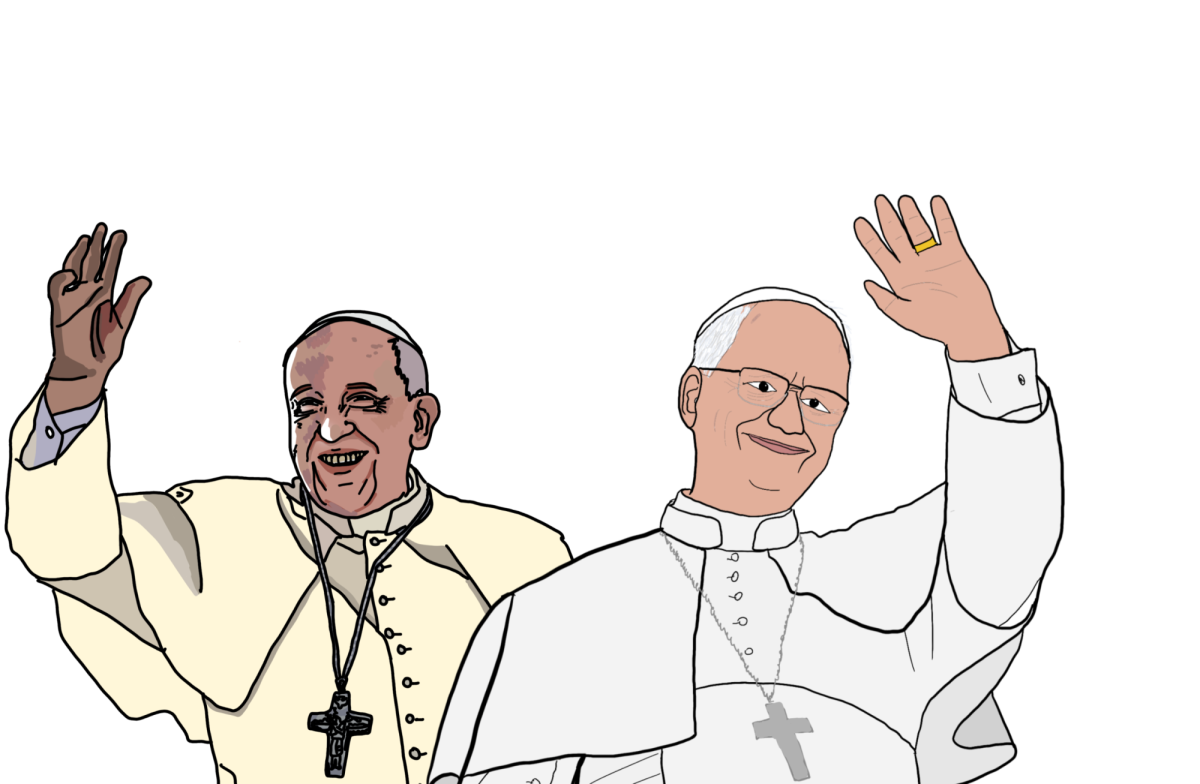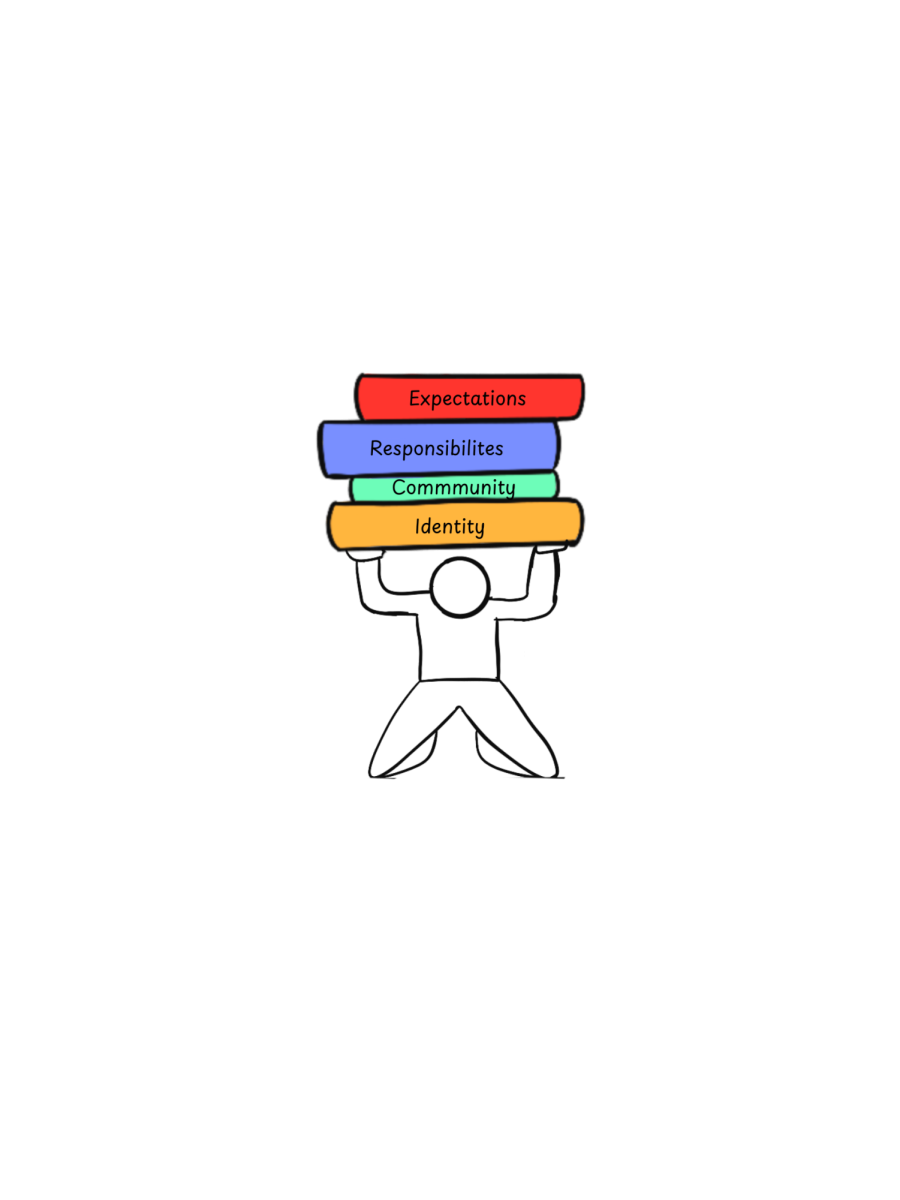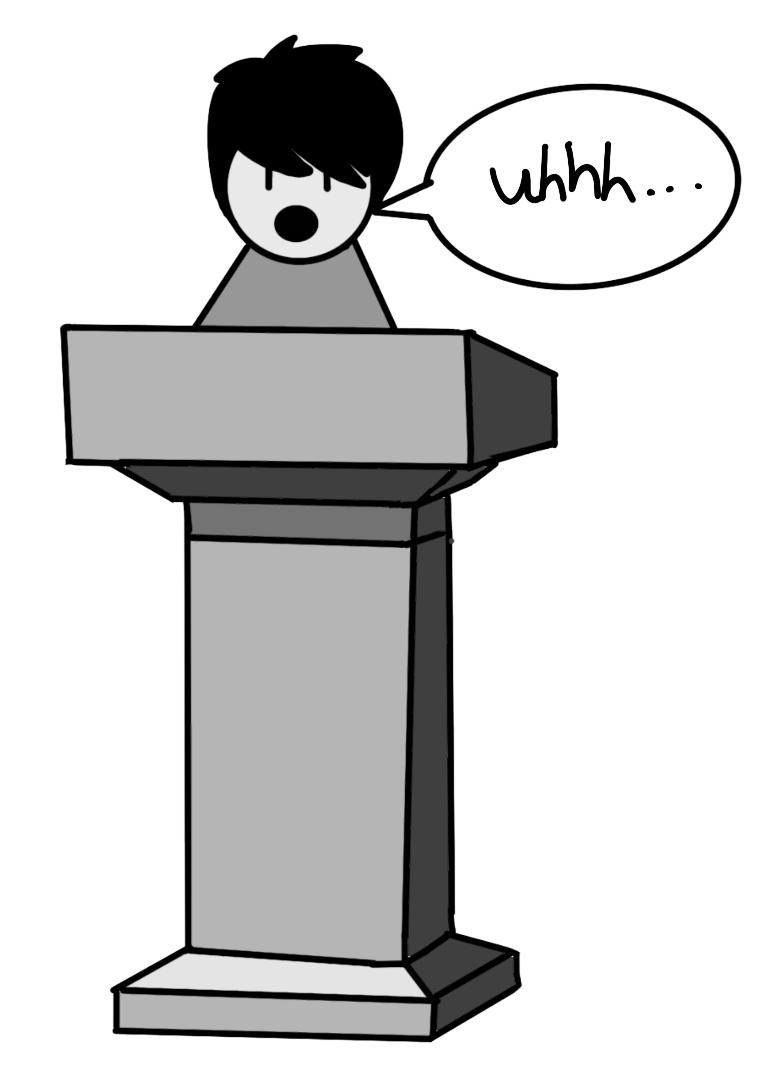It is easy to lose sight of a purpose or goal when there are fun distractions along the way. Recently, election betting has become legal in the United States, and voters are taking full advantage of this game-like system, unintentionally disregarding the importance of voting.
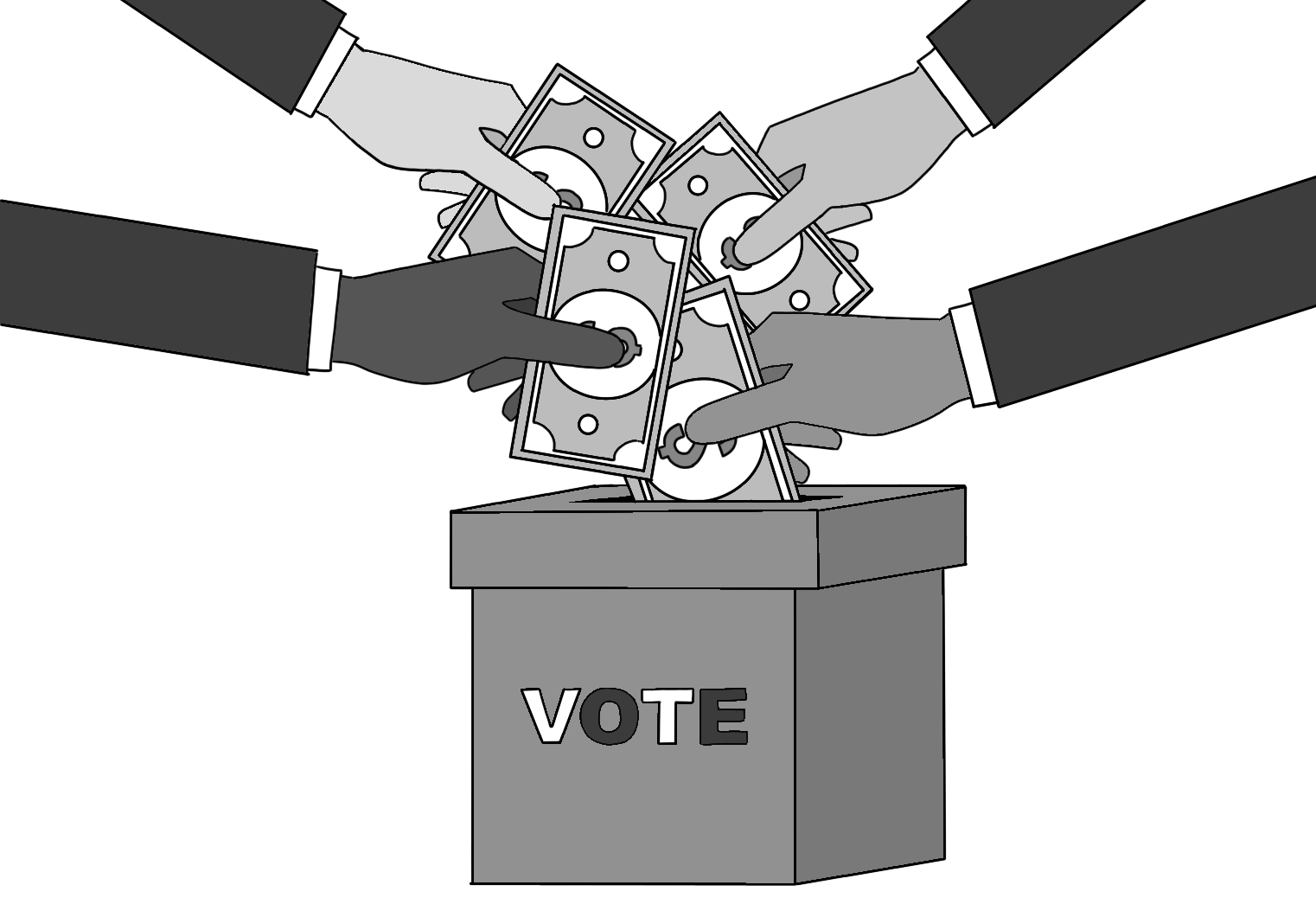
Some love the idea of betting on the next election because it demonstrates support or provides more accurate information than polls, according to Nasdaq. However, in doing so, they are simultaneously harming themselves and America.
Debates regarding the legalization of election betting have been going on for decades, with public opinion running back and forth, according to The New Yorker.
Although election betting seemingly engages citizens in politics while providing them the chance to make money, the political influence the system has is detrimental overall. Voters often ignore accuracy concerns, especially regarding the odds given by betting markets.
As election betting becomes more prevalent, the accuracy of these betting markets weakens. The odds can swing between candidates each time someone pledges a large sum of money, according to The Independent.
When voters look to betting markets for information surrounding betting trends, they place trust in information from sources that change their predictions every time a big bet is made. Betting markets like Kalshi and Polymarket often have conflicting predictions, according to Forbes. This can confuse voters trying to make a decision on who to vote for.
Inaccurate information is not the only problem. Allowing citizens to bet large amounts of money on something as big as a nationwide presidential election gives them more of an incentive to spread false information about the candidates, which is a big threat to the public interest.
Moreover, betting on elections distracts citizens from the purpose of voting, which is to decide the most suitable representatives for the future. Betting on the outcome of elections harms the sanctity of voting by encouraging people to vote based on the amount of money other people bet.
Rather than banning election betting entirely, it is more reasonable to discourage it by raising betting taxes. Citizens should still have a larger say in whether election betting is legal, unlike the sudden legalization brought about by Judge Jia Cobb in which she ruled that Kalshi’s betting market is not technically based on an illegal activity, according to Reuters.
In fact, election betting was legalized in many states on Oct. 2, following Cobb’s decision, according to Barron’s. Its recent legalization makes it impractical to ban so quickly, but the government can still discourage participation by raising betting taxes.
Americans must remember the intent of voting. While voters should still have a say in whether election betting is legal in their state, the federal government must discourage it to prevent the loss of authenticity and purpose of the democratic voting process.





